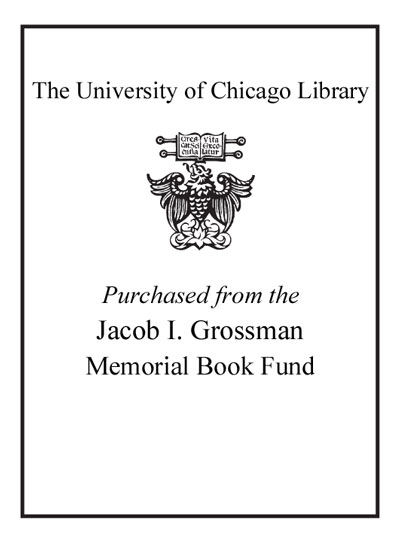| Summary: | "In 2001, even before the terrible events of 9/11, a term once reserved for arcane discussions among academics began to seep into the public discourse - unilateralism. This was the characterization of a number of high-profile actions taken by the new Republican administration such as the "unsigning" of the International Criminal Court statute and a lack of serious engagement on the issue of climate change. Following the terrorist attacks in New York and Washington, the Bush administration decided to fight the war in Afghanistan largely alone, refusing an offer of NATO help. Then, of course, came Iraq. The American government, unable to garner the international community's endorsement of its aim of permanently disarming Saddam Hussein's regime by force, proceeded without the sanction of the United Nations. The government's unilateralism, it has been consistently maintained, marked a departure from the post-WWII tradition of American multilateral engagement and has attracted widespread disappointment and scorn on the part of American allies. Even as the Bush administration was brandished for being unilateral, however, scholars and pundits alike failed to interrogate the term and its logical opposite - multilateralism. What are unilateralism and multilateralism and what are their sources? A convenient answer is that unilateralism is the desire to go it alone, one that simply emerges when a state's interests are out of line with those of other countries. Why, after all, would the United States seek to constrain itself multilaterally in the United Nations when other countries were not as threatened by the possibility of weapons of mass destruction falling into terrorists' hands?"--Provided by publisher.
|
|---|


